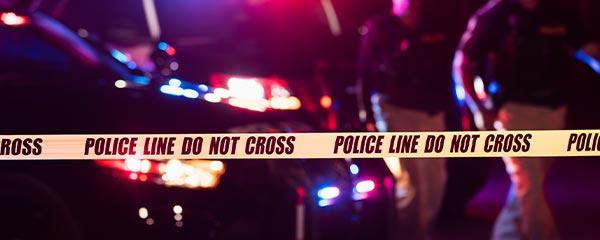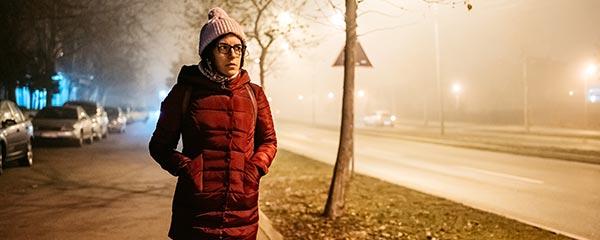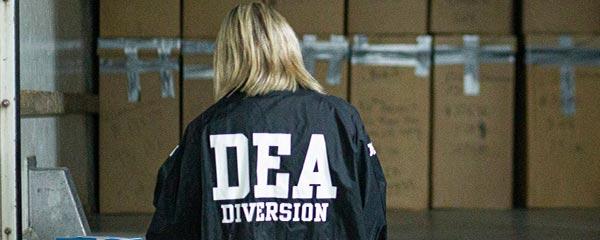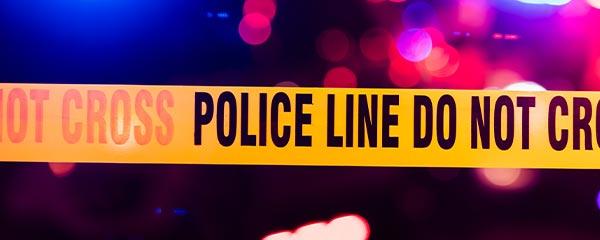Story Highlights
- 58% say criminal justice system is not tough enough, up 17 points since 2020
- 49% think criminal justice system is fair, down from 66% in 2003
- More White adults than people of color say system fair, not tough enough
WASHINGTON, D.C. -- A 58% majority of Americans think the U.S. criminal justice system is not tough enough in its handling of crime, marking a sharp reversal from the prior reading in 2020 when a record-low 41% said the same. Another 26% of U.S. adults currently say the system is about right, while 14% think it is too tough.
The latest readings on this measure, from ║┌┴¤═°’s Oct. 2-23 annual Crime survey, mark the sixth time the question has been asked since 1992. The three readings between 1992 and 2003 found solid majorities of Americans, ranging from 65% to 83%, saying the criminal justice system was not tough enough on crime. Yet, the next time the question was asked, in 2016, less than half of U.S. adults thought the system needed to be tougher and nearly as many said it was about right. These views were generally steady in 2020.
Majorities of Republicans and Republican-leaning independents have consistently called for the criminal justice system to be tougher across all years, but the percentages of Democrats and Democratic-leaning independents holding the same opinion have ranged from 25% to 62%. Democrats' view that the system is too tough has been between 6% and 35%.
In the current survey, three-quarters of Republicans think the criminal justice system is not tough enough, 16% say it is about right, and 7% believe it is too tough. Democrats are more divided in their views, with a 42% plurality saying it is not tough enough, 35% about right and 20% too tough.
Because the sample sizes for Black and Hispanic Americans are too small in a single poll to report their views separately, the views of all minority groups are combined into a single "people of color" category for the purpose of comparison with non-Hispanic White adults. People of color also include Americans from other racial backgrounds, including Asian, American Indian or Alaska Native, and/or Native Hawaiian or Pacific Islander.
While a 63% majority of White adults say the criminal justice system is not tough enough, fewer people of color, 49%, agree. Another 29% of people of color think the system is about right (compared with 24% of White adults), and 20% say it is too tough, which is slightly higher than the 12% of White adults who say the same.
Americans Divided Over Fairness of Criminal Justice System
The latest poll also finds Americans are evenly divided in their views of whether people accused of committing crimes are treated fairly by the criminal justice system. Equal 49% shares of U.S. adults say such suspects are treated very or somewhat fairly and very or somewhat unfairly. This marks a significant shift in opinion compared with prior readings in 2000 and 2003, when two-thirds of Americans said criminal suspects were treated at least somewhat fairly.
While majorities of Republicans (55%) and White adults (53%) believe that criminal suspects are treated fairly, majorities of Democrats (55%) and people of color (56%) think they are treated unfairly.
The percentages of Republicans and Democrats who say suspects receive fair treatment are both 18 percentage points lower than in 2003. Similarly, White adults (by 15 points) and people of color (by 18 points) are less likely now than in 2003 to believe suspects are treated fairly.
Law and Order Reforms Prioritized but Not a Cure-All
When asked which should be the greater priority for the U.S. criminal justice system today, 55% of Americans favor strengthening law and order through more police and greater enforcement of the laws, while 42% prefer reducing bias against minorities by reforming court and police practices. When this question was last asked in 2016, just under half of Americans favored strengthening law and order.
People of color are more likely to say reducing bias against minorities (52%) should be prioritized over strengthening law and order (44%), while White adults tilt the opposite way, with 60% favoring strengthening law and order and 38% favoring reducing bias. Meanwhile, 71% of Democrats prefer reducing bias against minorities, and Republicans strongly favor strengthening law and order (82%).
Although a majority of Americans say it should be a priority, strengthening law enforcement is not viewed as a surefire way to lower the U.S. crime rate. Rather, nearly two-thirds of Americans think it would be more effective to put money and effort toward addressing social and economic problems such as drug addiction, homelessness and mental health, while 35% favor bolstering law enforcement. Those views are essentially unchanged from 2020 when the question was last asked.
║┌┴¤═° has asked similar questions about the tradeoff using different wording variants, but for the most part, the trend has shown that people prefer addressing social problems to increasing law enforcement by roughly 2-to-1.
Democrats are more than twice as likely as Republicans -- 87% vs. 40% -- to think addressing social and economic problems is the better way to reduce crime.
Bottom Line
Americans have consistently lacked confidence in the U.S. criminal justice system, and once again, a majority views it as not tough enough. Meanwhile, the public is divided over whether the system treats suspected criminals fairly. Most U.S. adults think the criminal justice system should focus on strengthening law enforcement rather than reducing bias against minorities, but they believe targeting social and economic problems is key to lowering the crime rate.
To stay up to date with the latest ║┌┴¤═° ║┌┴¤═° insights and updates, .
Learn more about how the works.
View complete question responses and trends (PDF download).




